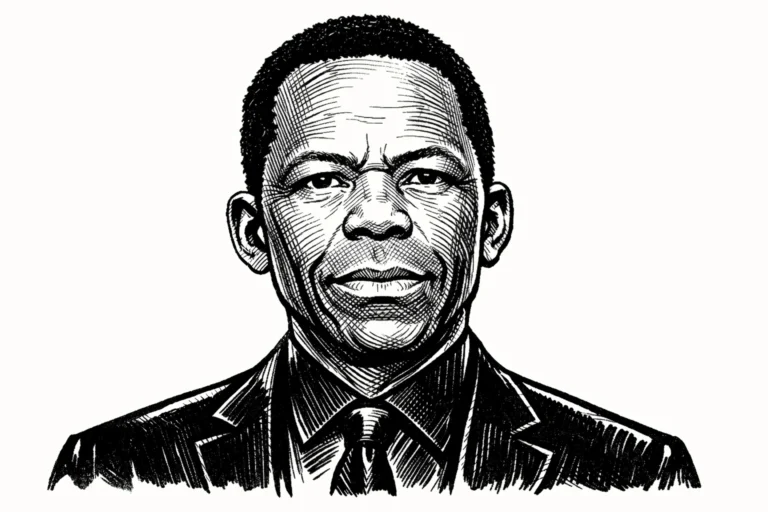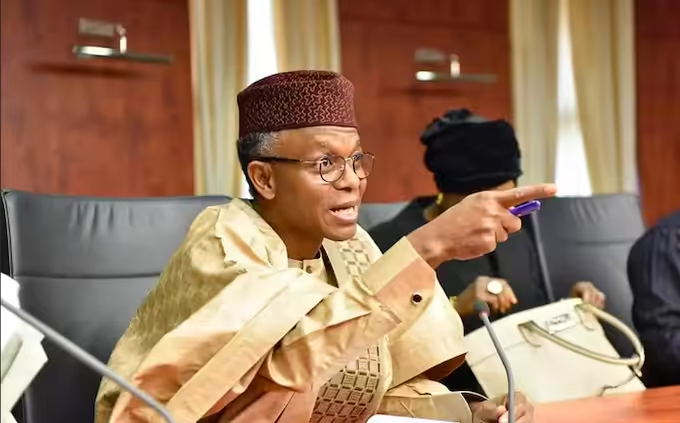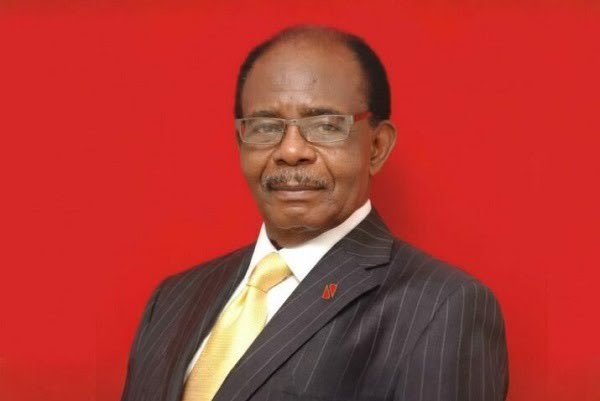Nigeria’s electoral reforms gained a major boost as the Independent National Electoral Commission (INEC) declared that the Bimodal Voter Accreditation System has ended identity theft in elections.
INEC Chairman Joash Amupitan, SAN, speaking through National Commissioner May Agbamuche-Mbu at the 2025 Digital Nigeria Conference, said BVAS is now the “frontline defence” against voter impersonation.
He explained that the biometric-based accreditation tool has shut the door on practices such as multiple voting, fake identities, and fraudulent accreditation, issues that had undermined voter trust for decades. “With the biometric safeguards now in place, voter impersonation has been effectively eliminated from our electoral system,” he said.
Also Read:
- Anambra Elections 2025: Gov. Chukwuma Soludo Secures Second Term With Landslide Victory
- Soludo–Tinubu Friendship Emerges as Key Factor Ahead of 2027 Presidential Elections
- 2027 Elections: 2023 PDP Vice Presidential Candidate Ifeanyi Okowa Hints at Joining Another Party
- Anambra Governorship Poll: INEC Achieves 97.5% Result Upload on IReV Portal Amid High Praise…
Digital Voting Tools Deliver Strong Results
Amupitan backed his claims with data from the recent Anambra governorship election, where 6,879 BVAS devices reportedly performed “highly commendably.” He said more than 99 percent of polling-unit results were uploaded to the INEC Result Viewing (IReV) portal on election day, showing greater transparency.
“These outcomes confirm that the deployment of BVAS and IReV is no longer experimental but an entrenched part of Nigeria’s electoral architecture,” he said, adding that the votes announced in polling units now match what the public sees on IReV.
Legal Backing Strengthens Election Technology
The INEC chairman highlighted that earlier digital tools lacked legal support, which weakened their legitimacy during tribunal challenges. He said the Electoral Act 2022 closed this gap by granting statutory recognition to technological devices used for accreditation and result transmission.
Section 47(2), he added, is the “game-changing provision” that made BVAS and other digital tools “statutorily protected pillars” of the election process. “This legislative foundation ensures that our digital tools have both operational and legal legitimacy,” he said.
Connectivity Gaps Slow Real-Time Uploads
Despite progress, Amupitan said inconsistent network coverage still affects real-time transmission from Nigeria’s 176,846 polling units. He noted that many sites are located in swamps, mountains and remote communities where telecom infrastructure is weak.
“A tool like the BVAS is only as good as the network it runs on,” he said, adding that INEC is working with the NCC and exploring new solutions to close these connectivity gaps.
INEC Rules Out Return to Manual Voting
Sending a clear message to the political class, the chairman dismissed any possibility of returning to manual election methods that once enabled ballot stuffing and opaque collation. He stressed that “the gains we have recorded are too significant to reverse,” and confirmed that BVAS and IReV will not only remain but be upgraded.
He added that the era of “ghost voting” is over, stating: “Our mission is simple. To ensure that every eligible voter is accurately verified, every vote is properly counted, and every result is transparently shared.”


























